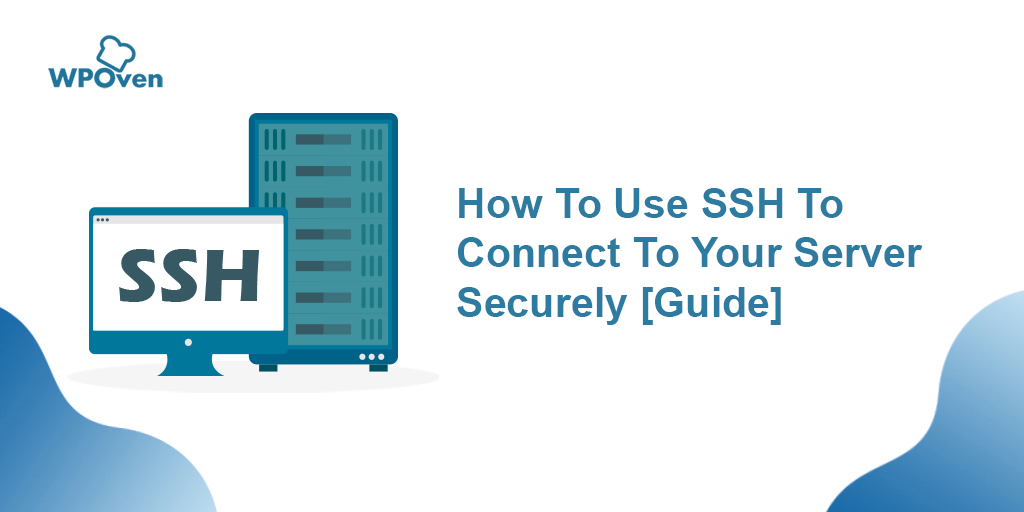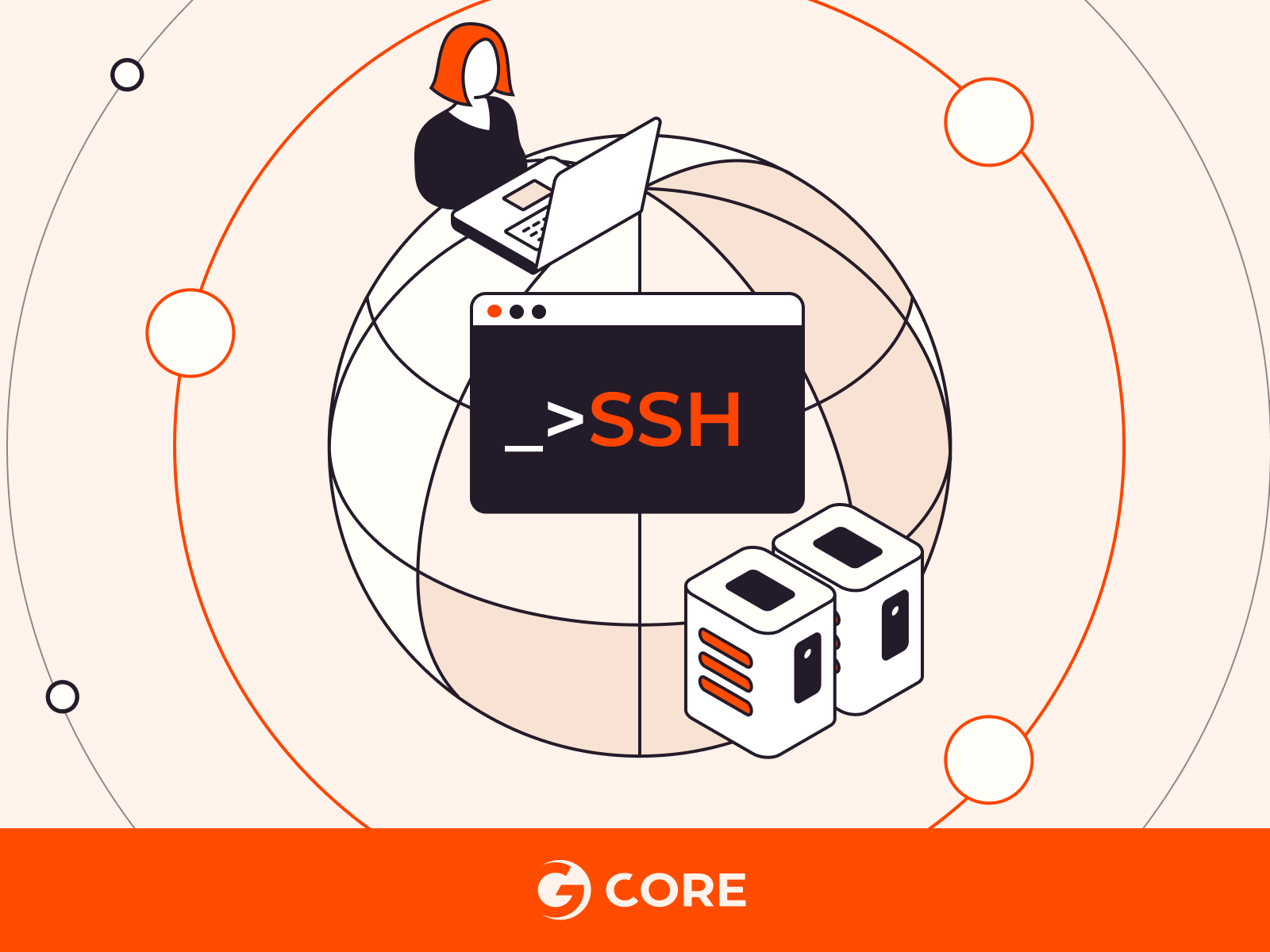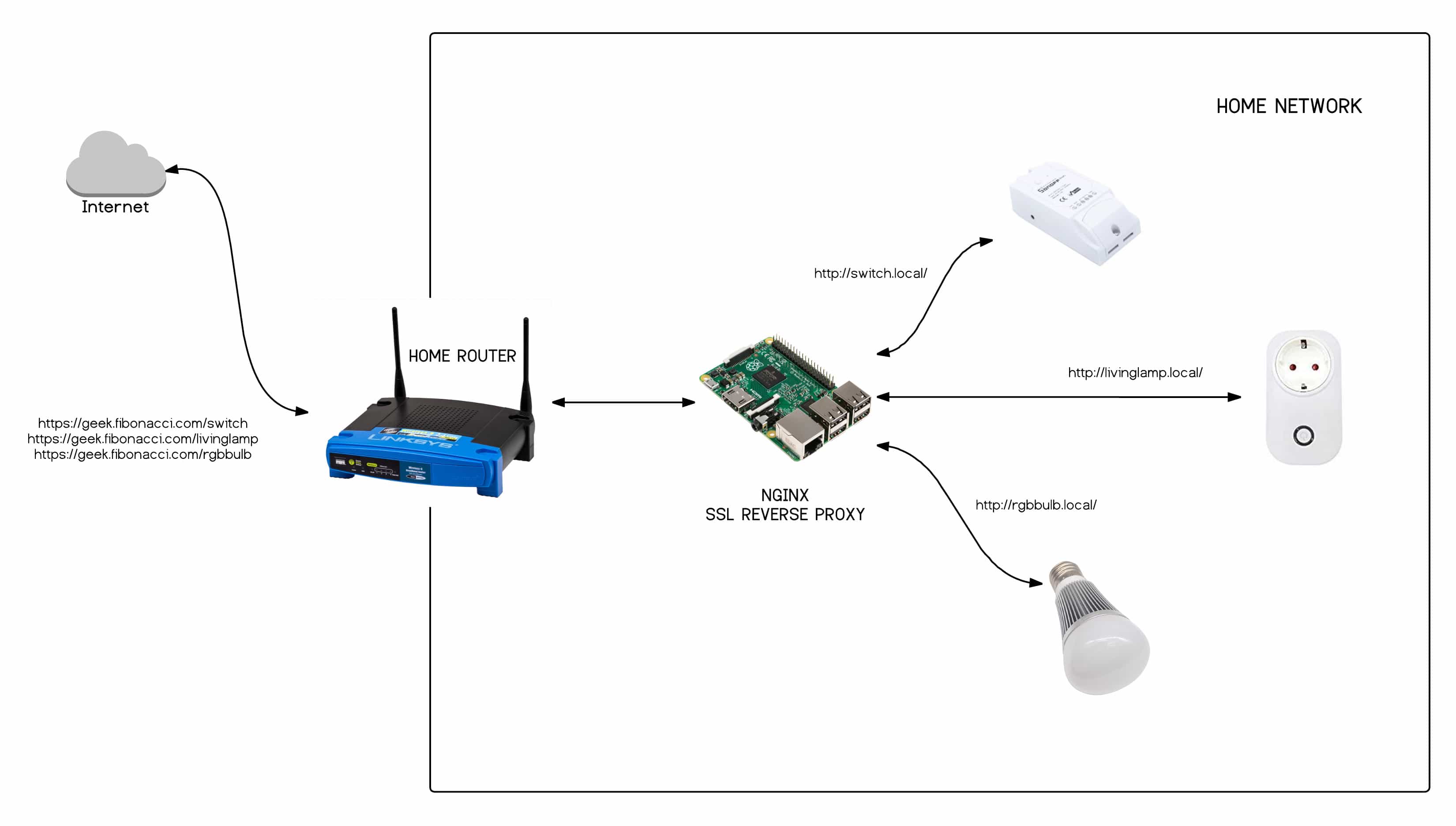Secure IoT With Ubuntu: P2P SSH Setup Guide
Are you ready to fortify your IoT network against the ever-present threat of cyberattacks? Securing remote IoT devices using p2p SSH on Ubuntu isn't just a good practice; it's a necessity for any IoT setup that values data integrity and seamless communication.
In the rapidly evolving landscape of the Internet of Things (IoT), the proliferation of connected devices has opened up exciting possibilities, from smart homes to industrial automation. However, this expansion has also created new vulnerabilities, making the security of these devices a paramount concern. The potential for unauthorized access, data breaches, and malicious attacks is significant, emphasizing the critical need for robust security measures. This article will provide you with the insights needed to safeguard your IoT infrastructure.
Ubuntu, renowned for its stability, security, and user-friendliness, has emerged as a leading platform for server environments, and for good reason. Its open-source nature allows for extensive customization and community support, making it a versatile choice for diverse applications. Setting up an Ubuntu server is the foundational first step in establishing a secure IoT environment, particularly when leveraging the power of peer-to-peer (p2p) SSH connections. Understanding and implementing secure practices with SSH is pivotal in shielding sensitive data and maintaining the overall integrity of your systems.
This comprehensive guide is designed to walk you through the essentials of setting up a secure connection for remote IoT devices using p2p SSH on an Ubuntu server. Whether you're a beginner or an experienced system administrator, the insights and actionable steps provided here will enhance the security and efficiency of your IoT network. The techniques and best practices covered are applicable across a range of IoT applications.
| Category | Details |
|---|---|
| Technology | Secure Shell (SSH), Peer-to-Peer (p2p) connections, Ubuntu Server |
| Purpose | To establish a secure and reliable connection for remote access and communication with IoT devices, safeguarding sensitive data and maintaining system integrity. |
| Importance | Protects against unauthorized access, data breaches, and cyberattacks. Ensures secure communication and data transfer between IoT devices and the Ubuntu server. |
| Components |
|
| Key Steps |
|
| Best Practices |
|
| Benefits |
|


